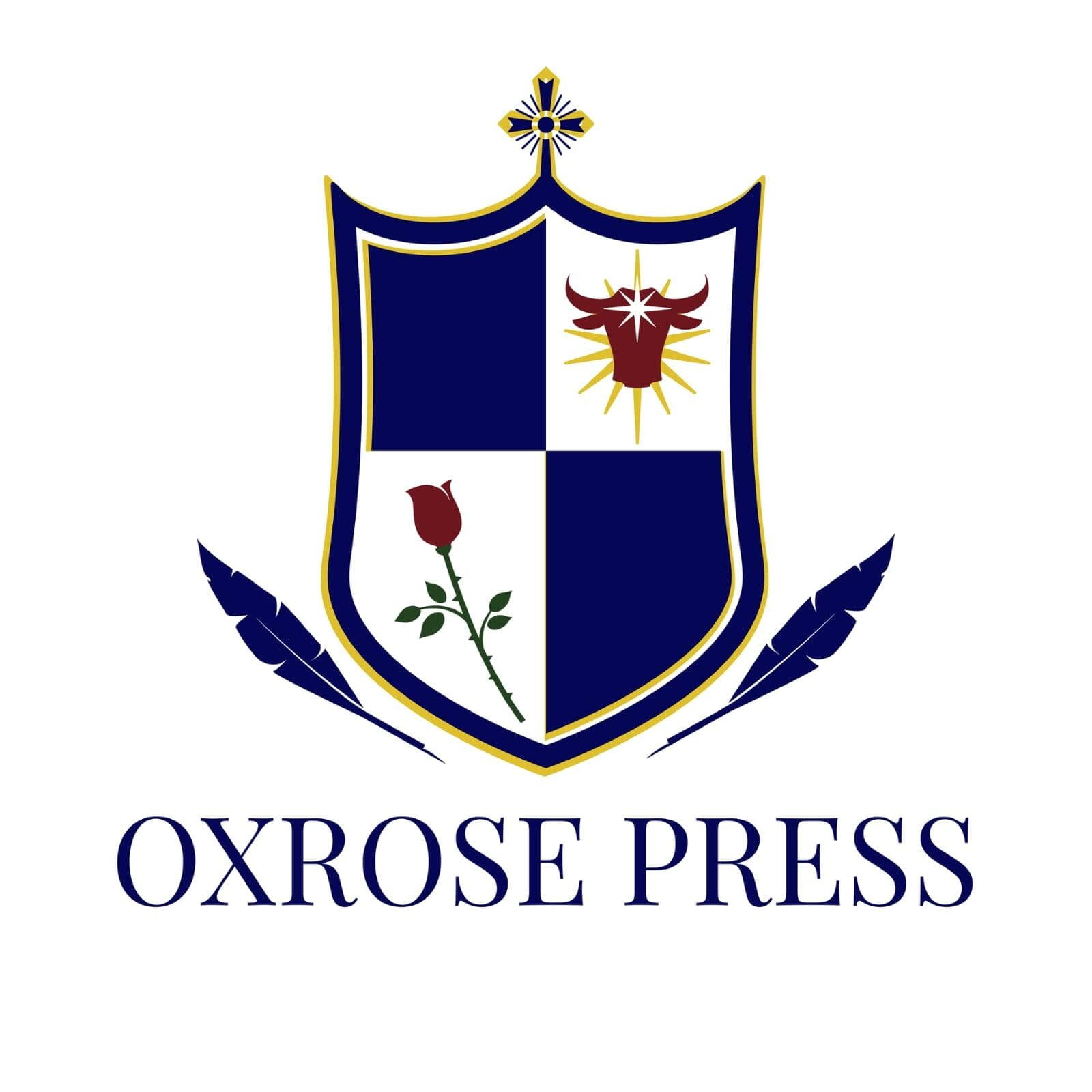Science K-1: Chemistry and Physics: Schola Rosa Cycle 3
Careful observation is a basic skill of learning in all fields; it is not the unique purview of the “hard sciences.” Indeed, learning to look carefully at the world has its place in the journey to wisdom; it is a first step upon one of the many ways that lead to God. It is morally educative in that it teaches us to humbly and honestly report what it is that we find, rather than what we wish to see. It is a source of great pleasure in that it is a nurturing and fulfillment of the basic desire that Aristotle observed in man, the desire to know, even as it responds to his natural wonder at the beauty of the world. In that wonder, we encounter the numinous—the unseen, mysterious spiritual implication that stands behind all that we can see. Further, as the students will learn later, sense experience precedes and provides the matter about which we reason in our logic classes. It is with these many ideas in mind that we select the basic goals for the science program here.
Rather than favoring textbook provided overviews of the various facts and terms; we seek to bring the student into engagement with the real, foster his natural skills for seeing what is true, and allow him the opportunity to appreciate what is deeply good.
Method. Lessons and Activities are provided in each unit. Lessons are designed as a discussion interaction between the teacher/parent and the student. This is a means of awakening thoughts about observations. In Cycle 3, these discussions include demonstrations and experiments to awaken the imagination about things and processes that are “unseeable” by the naked eye.
Lessons vs. Activities. The basic procedure for each unit follows a sequence beginning with observation followed by a discussion to clarify the description of what is seen, concluded by a discussion of the reasons for the thing being the way it is—the attempt to explain. The activities are meant to be practical assignments that further the discussion, either by way of practicing memory work, of learning new vocabulary, or of recording observations (Nature Journaling). Classically Catholic Memory's teaching notes from Gamma Year have been included in this workbook to provide more background reading for parents teaching science.
Choose Quantity
$20.35

